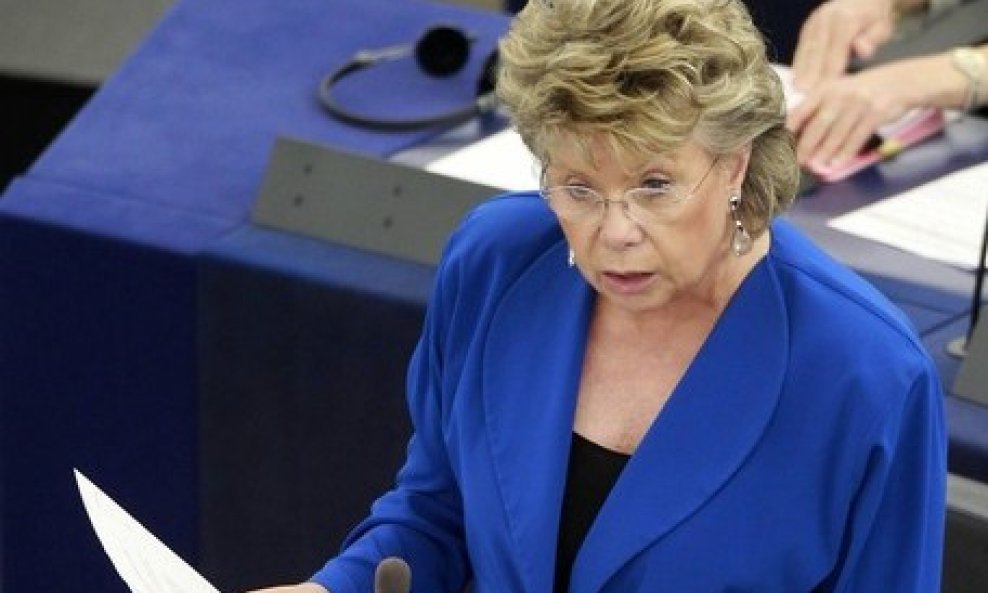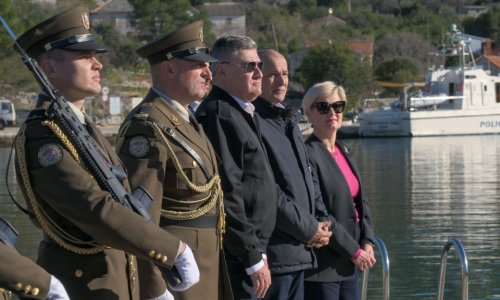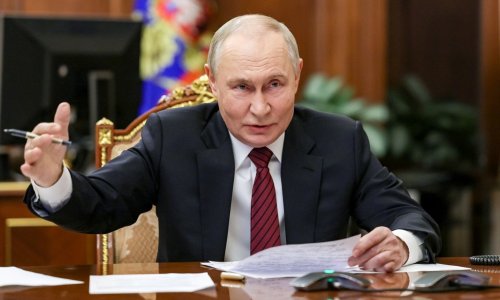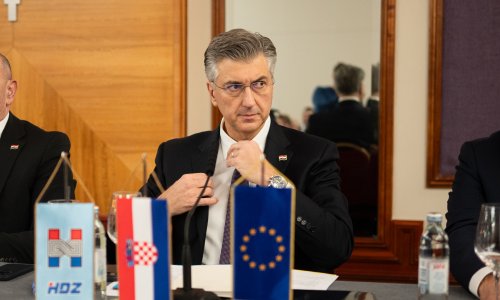The European Commission has not yet received any answer from Croatia regarding the topic of national legislation on the application of the European Arrest Warrant (EAW), a spokeswoman for the European Commission said on Wednesday, while the Croatian Justice Ministry declined to comment on its correspondence with the Commission.
Asked whether Brussels had received any response from Zagreb to the request from the commissioner responsible for justice and fundamental rights, Viviane Reding, the spokeswoman Mina Andreeeva answered in the negative.
Commissioner Reding sent a letter to Croatian Justice Minister Orsat Miljenic in late July, saying that what Croatia had done on 28 June, by adopting amendments to the law on the EAW which envisaged time limits for the EAW's application, was not in line with European legislation and that it must be corrected. Reding told Miljenic in the letter that Croatia must determine the exact deadlines by which it would implement changes to the law so as to align it with the EU acquis communautaire, and she expects an answer by 23 August.
According to unofficial sources in the Commission, Brussels will take certain steps in the event that Croatia fails to respect that deadline. Brussels will later decide on those steps, if necessary.
The legislation which Croatia passed on 28 June is dubbed Lex Perkovic as its opponents believe the time limits for the application of the EAW have been introduced by the government in a bid to prevent the extradition of former Yugoslav intelligence agent Josip Perkovic, a Croatian national wanted in Germany on charges of having masterminded the political killing of a Croatian dissident in Bavaria in 1983.
The law on judicial cooperation in criminal matters with EU member states provoked plenty of criticism from the opposition and a share of the public as well as dissatisfaction from the European Commission over the regulation which limits the warrant to crimes committed after August 2002. Faced with this criticism, the Social Democratic Party led by Prime Minister Zoran Milanovic has made a proposal to change the constitution so as to abolish the statute of limitations for serious politically-motivated crimes, such as assassinations of Croatian dissidents who fled the former Yugoslavia, so that they might be prosecuted in Croatia.
PM Milanovic said in an interview with the national television (HTV) on Monday evening that there was that rule in the European Union which he found to be "twisted" and "discriminatory against countries".
Milanovic believes that the topic of extraditing one's own citizens should be discussed within the European Union as he fears that the current rules are discriminatory against some member-states.
The same rules do not apply to Croatia or to Slovenia, which negotiated its accession to the EU a few years before, as they are subject to more stringent requirements than Austria or France. It is about the extradition of one's own nationals. We believe that it is a topic for discussion, Milanovic told the HTV.
He reiterated that the time limits which Croatia had introduced were for the purpose of preventing the handover of Croatians who might be charged by some other country for criminal offences that occurred during the Homeland Defence War.
I can only wonder why Croatia did not initiate the prosecution of that man (Perkovic) before or started investigating that crime that happened in 1983, so as to avoid the expiry of the statute of limitations, he said.


































